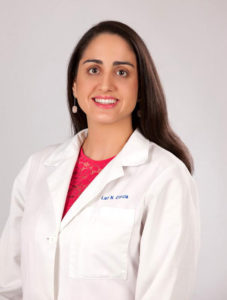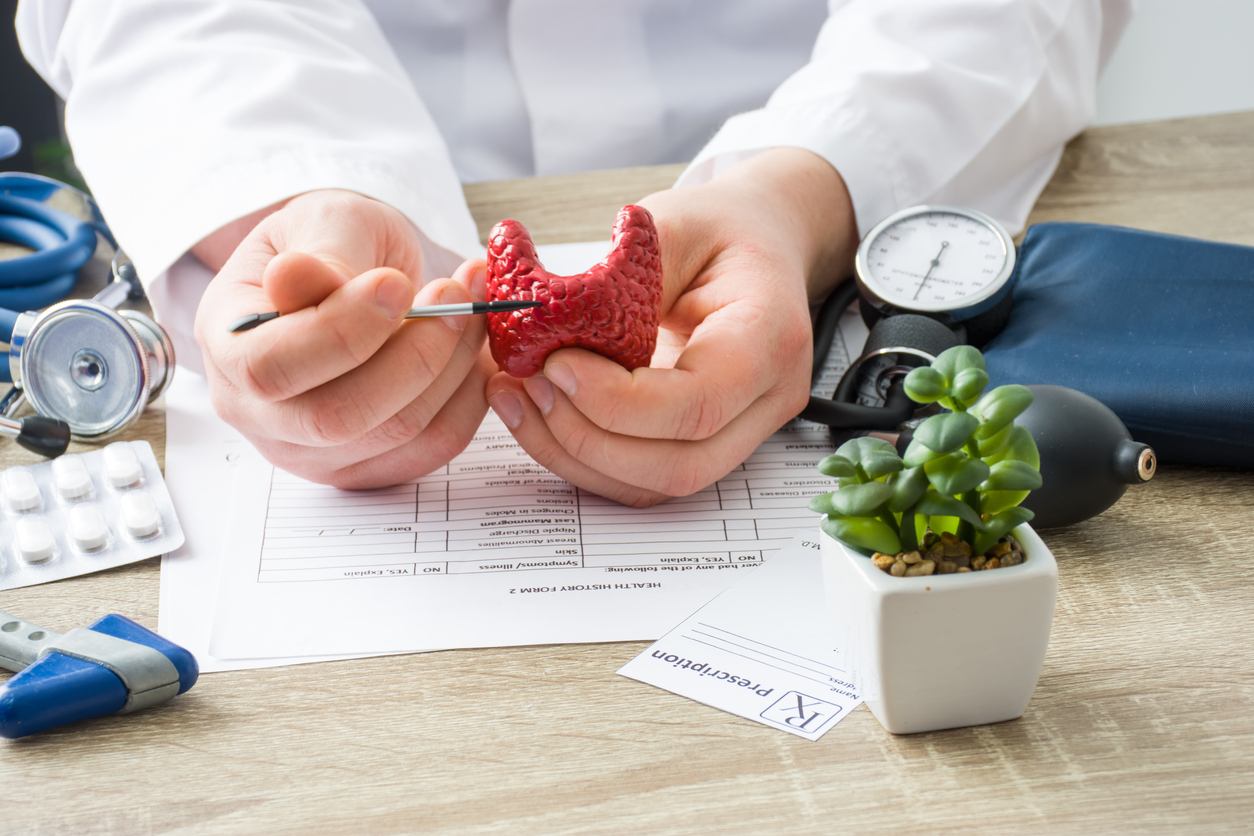January is Thyroid Awareness Month, and according to the American Thyroid Association, approximately 20 million Americans have some form of thyroid problem. Many people think thyroid issues are most common in adults, but problems with the thyroid are the most common endocrine disorder among school-age kids. According to the CDC, nearly 37 out of 1,000 children have thyroid disease.
Fortunately, pediatric endocrinologists have various ways of treating and managing hormonal disorders such as thyroid dysfunction. However, understandably most parents still have many questions regarding thyroid dysfunctions. Read below as TopLine MD affiliated Pediatric Endocrinologist, Dr. Liat Corcia, answers the most common questions and concerns parents may have.
What does the thyroid do?
The thyroid is a small, butterfly-shaped gland located at the base of your neck, above the collarbone. It’s part of an intricate network of glands called the endocrine system, which is responsible for coordinating many of your body’s activities, including regulating your metabolism.
What is Hyperthyroidism?
Hyperthyroidism can be described as having an overactive thyroid gland. The most telling sign and symptom of hyperthyroidism is having heat intolerance. People with hyperthyroidism most often feel much hotter than everybody else, have a more active appetite, but are still losing weight, feeling sweatier, and more anxious than normal. You can even be experiencing fine, small tremors in your hands, a high heart rate, high blood pressure, and irregularities in menstrual cycles and sleeping patterns. Additionally, many patients with hyperthyroidism also develop diarrhea.
What is Hypothyroidism?
Contrary to hyperthyroidism, hypothyroidism is when patients have an underactive thyroid gland. Signs and symptoms of this type of thyroid disease can be very nonspecific, especially in children where occasionally there are not any signs.
However, the most common symptoms with hypothyroidism or an underactive thyroid gland, include feeling extremely tired, experiencing weight gain, feeling cold all the time, with an increase in cold intolerance, constipation, hair loss, dry skin, insomnia, or having problems with your menstrual cycle.
How are thyroid problems diagnosed?
Annual checkups and blood tests are so important for all aspects of your health, but especially for disorders like these. Primary care providers and pediatricians are the first line of defense for detecting problems with your thyroid and refer you or your child to a specialist.
D
The TopLine MD Alliance is an association of independent physicians and medical practice groups who are committed to providing a higher standard of healthcare services. The members of the TopLine MD Alliance have no legal or financial relationship with one another. The TopLine MD Alliance brand has no formal corporate, financial or legal ties to any of the affiliated physicians or practice groups.




